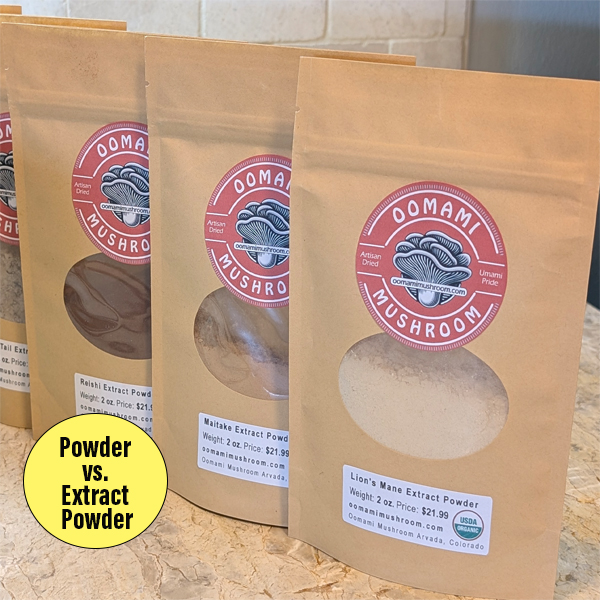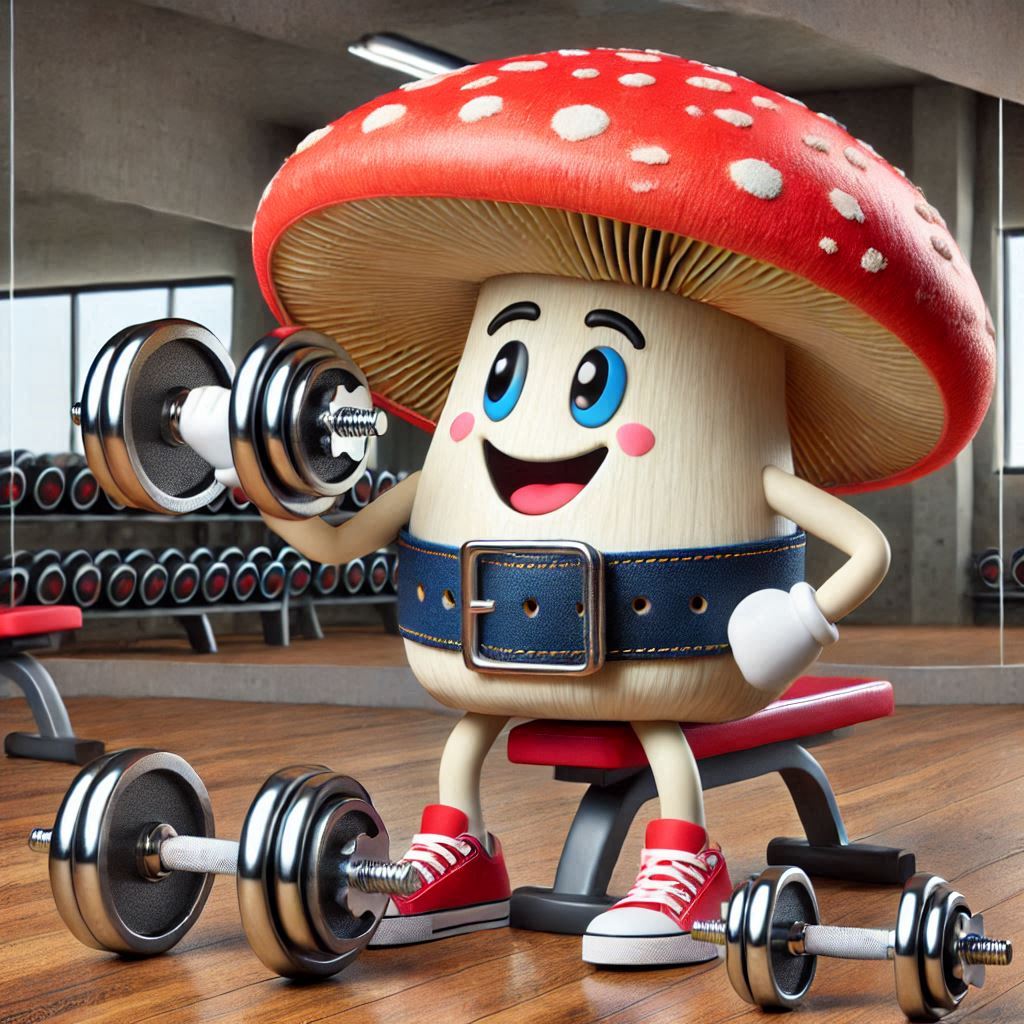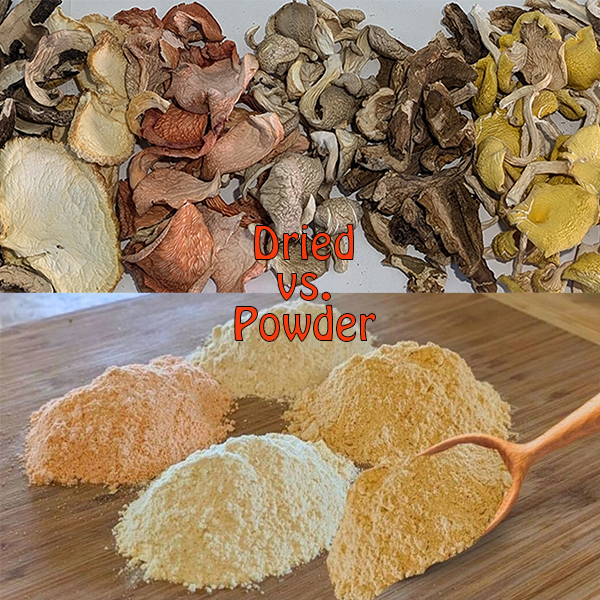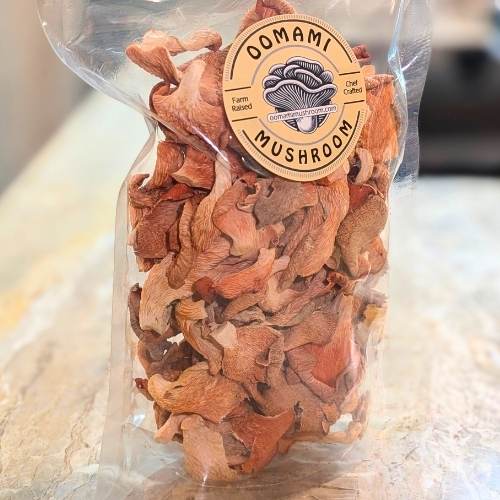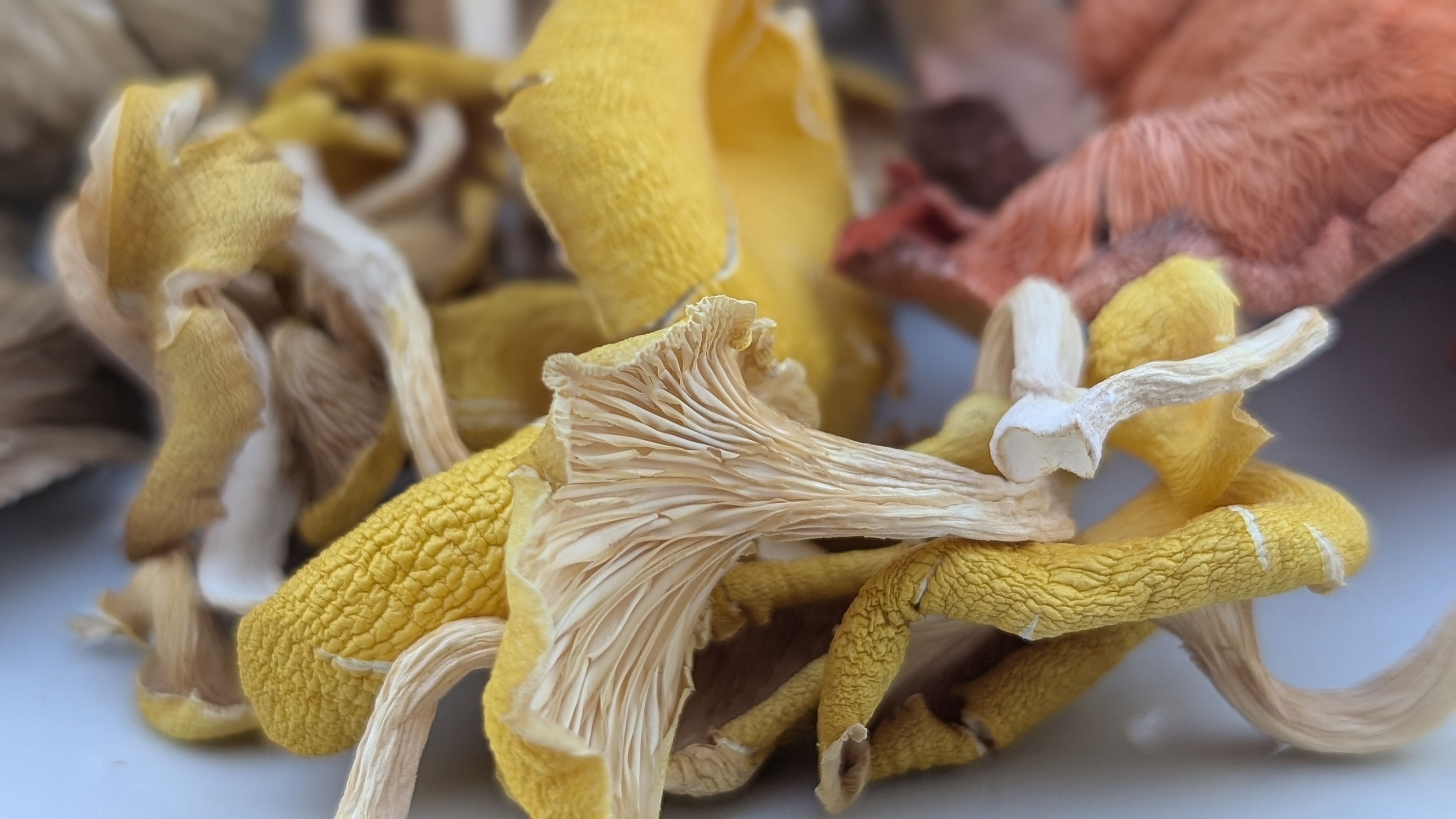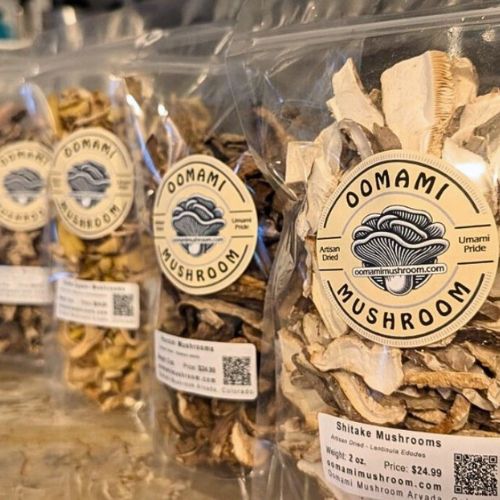The phrase "mushrooms are nature's bouillon cubes" is often attributed to their rich, umami flavor, which can enhance the taste of various dishes, much like a bouillon cube does. Mushrooms are packed with glutamates, which are natural flavor enhancers, giving them a savory, meaty taste that can add depth to soups, stews, and sauces. |
Mushroom Powder: is simply dried mushrooms ground into a fine powder, preserving all their natural nutrients, fiber, and flavors. It’s great for general nutrition and can be added to foods like soups and smoothies, though its tough cell walls may make nutrient absorption less efficient.
Mushroom Powder Extract: undergoes a special process using hot water or alcohol to break down the mushrooms’ cell walls, making key compounds like beta-glucans more bioavailable. This concentrated form is better for targeted health benefits, such as immune support and stress relief.
Mushrooms are a powerhouse for a healthy lifestyle! They’re packed with essential nutrients like vitamins B and D, antioxidants, and fiber, supporting immune health, brain function, and digestion.
Plus, they’re low in calories and can be a great meat substitute, making them perfect for balanced eating.
Concentrated Nutrients: Drying mushrooms removes water, which concentrates their nutrients. This means that dried mushrooms have higher levels of vitamins and minerals per gram compared to fresh mushrooms. Dried mushrooms have concentrated nutrients and a long shelf life.
Fresh Mushrooms: offer higher water content and a juicy texture, making both valuable depending on your needs
Dried mushrooms are incredibly easy to use—just soak, drain, and cook!
They add instant depth and umami to any dish, without the hassle of chopping, cleaning, or worrying about spoilage.
Discover how to judge quality, their intense umami flavor, and how to use them effectively in cooking.
Dried mushrooms are an excellent source of vitamin D, which is essential for bone health and immune function.
When mushrooms are exposed to sunlight or UV light during the drying process, their vitamin D content increases significantly.
This makes them a fantastic dietary source of this important nutrient, especially for those who may not get enough sunlight exposure.
Homesteading is a self-sufficient lifestyle focused on growing food, raising animals, and making household essentials to reduce reliance on outside resources.
If you’re looking for a sustainable food source, mushrooms are a homesteader’s secret weapon!
Refrigeration: Yes, mushrooms should go in the fridge! Store them in a paper bag or wrap them in a paper towel and place them in a bowl. This helps absorb excess moisture and prevents them from getting slimy.
Washing: Avoid washing mushrooms before storing them. They absorb water easily, which can shorten their shelf life. Instead, clean them right before cooking.
Freezing: You can freeze mushrooms, but it's best to par-cook them.
Choosing the right mushroom is crucial for both flavor and safety. Edible mushrooms offer a variety of tastes and textures, enhancing dishes with earthy richness, but some wild mushrooms can be toxic and even deadly. Beyond safety, selecting fresh, firm mushrooms ensures the best culinary experience, as they retain their natural umami and health benefits. Whether for cooking or foraging, knowing which mushrooms to pick makes all the difference in both enjoyment and well-being.
